

Electrode copper plate
$500.00 Original price was: $500.00.$450.00Current price is: $450.00.
An electrode copper plate is a flat, conductive material made primarily from high-purity copper, often used in electrochemical applications. It typically features a smooth surface finish to ensure optimal electrical contact and minimal resistance. These plates are commonly utilized in various laboratory experiments, including electrochemical cells, where they serve as electrodes for redox reactions, corrosion studies, and electroplating processes.
Uses of Electrode copper plate
- Electrochemical Experiments:
Copper electrodes are commonly used in electrochemical cells to study redox reactions, measure cell potentials, and analyze the behavior of ions in solution.
- Electroplating:
In plating experiments, copper plates serve as substrates for electroplating, allowing the deposition of metal coatings on various materials.
- Corrosion Studies:
Copper electrodes can be used to investigate corrosion processes, including the rate of corrosion in different environments and the effectiveness of corrosion inhibitors.
- Conductivity Measurements:
Copper plates can be employed to measure the electrical conductivity of solutions, helping to understand ionic strength and concentration.
- Reference Electrodes:
They can be part of reference electrode setups, providing a stable potential against which other electrodes can be measured.
- Electrochemical Sensors:
Copper plates are utilized in the fabrication of sensors for detecting specific ions or molecules in solutions due to their conductive properties.
- Battery Research:
In battery development, copper electrodes are used in various configurations to study charge/discharge cycles and improve battery efficiency.
- Surface Characterization:
Copper plates can be analyzed using techniques like scanning electron microscopy (SEM) and atomic force microscopy (AFM) to study surface properties and morphology.
- Catalysis Studies:
Copper electrodes are used in studies involving catalytic reactions, where the efficiency of different catalysts can be tested.E


 Emollients
Emollients Humectants
Humectants UV Filters
UV Filters Surfactants (cosmetic)
Surfactants (cosmetic) Preservatives (cosmetic)
Preservatives (cosmetic) Fragrances and Essential Oils
Fragrances and Essential Oils Antioxidants (cosmetics)
Antioxidants (cosmetics)
 Solvents (lab)
Solvents (lab) Chromatography Chemicals
Chromatography Chemicals Microbiology and Cell Culture Reagents
Microbiology and Cell Culture Reagents Biochemical Reagents
Biochemical Reagents Inorganic and Organic Standards
Inorganic and Organic Standards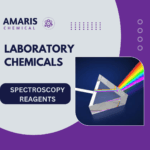 Spectroscopy Reagents
Spectroscopy Reagents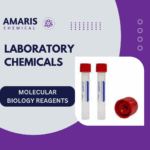 Molecular Biology Reagents
Molecular Biology Reagents
 Precious Metal Extraction Agents
Precious Metal Extraction Agents
 Plasticizers
Plasticizers Polymerization Initiators
Polymerization Initiators Stabilizers
Stabilizers Monomers
Monomers Fillers and Reinforcements
Fillers and Reinforcements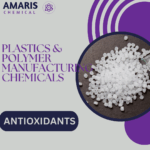 Antioxidants (plastics)
Antioxidants (plastics) Colorants (plastic pigments,Dyes)
Colorants (plastic pigments,Dyes)
 Fertilizers
Fertilizers Plant Growth Regulators
Plant Growth Regulators Soil Conditioners
Soil Conditioners Animal Feed Additives
Animal Feed Additives Biostimulants
Biostimulants
 Dough Conditioners
Dough Conditioners Flour Treatments
Flour Treatments Fat Replacers
Fat Replacers Preservatives (baking)
Preservatives (baking)
 Surfactants (cleaning)
Surfactants (cleaning) Builders
Builders Bleaching Agents
Bleaching Agents Enzymes
Enzymes Solvents (cleaning)
Solvents (cleaning) Fragrances
Fragrances Disinfectant
Disinfectant Metal cleaning
Metal cleaning
 Binders/Resins
Binders/Resins Pigments
Pigments Solvents (paint)
Solvents (paint) Additives
Additives Driers
Driers Anti-Corrosion Agents
Anti-Corrosion Agents Specialty Coatings
Specialty Coatings Functional Coatings
Functional Coatings Application-Specific Coatings
Application-Specific Coatings
 Sealants and Adhesives
Sealants and Adhesives
 Biodegradable Surfactants
Biodegradable Surfactants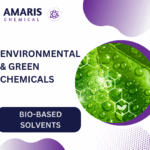 Bio-based Solvents
Bio-based Solvents Renewable Polymers
Renewable Polymers Carbon Capture Chemicals
Carbon Capture Chemicals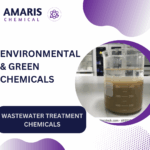 Wastewater Treatment Chemicals
Wastewater Treatment Chemicals
 Preservatives (food)
Preservatives (food) Flavor Enhancers
Flavor Enhancers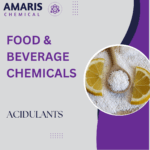 Acidulants
Acidulants Sweeteners
Sweeteners Emulsifiers
Emulsifiers Antioxidants (food)
Antioxidants (food) Colorants (food)
Colorants (food) Nutrient Supplements
Nutrient Supplements Nutraceutical Ingredients
Nutraceutical Ingredients
 Fresh Herbs
Fresh Herbs Whole Spices
Whole Spices Ground Spices
Ground Spices Spice Blends
Spice Blends
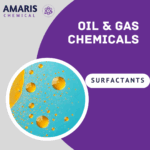 Surfactants(oil)
Surfactants(oil)
 Antibiotics
Antibiotics Active Pharmaceutical Ingredients
Active Pharmaceutical Ingredients Excipients
Excipients Vaccine Adjuvants
Vaccine Adjuvants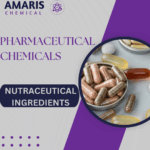 Nutraceutical Ingredients
Nutraceutical Ingredients Solvents (pharmaceutical)
Solvents (pharmaceutical)
 Automotive chemicals
Automotive chemicals Pyrotechnic Chemicals
Pyrotechnic Chemicals


 Vulcanizing Agents
Vulcanizing Agents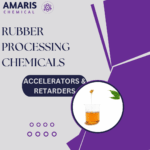 Accelerators & Retarders
Accelerators & Retarders Antidegradants
Antidegradants Reinforcing Agents
Reinforcing Agents Plasticizers & Softeners
Plasticizers & Softeners Fillers & Extenders
Fillers & Extenders Blowing Agents
Blowing Agents Adhesion Promoters
Adhesion Promoters

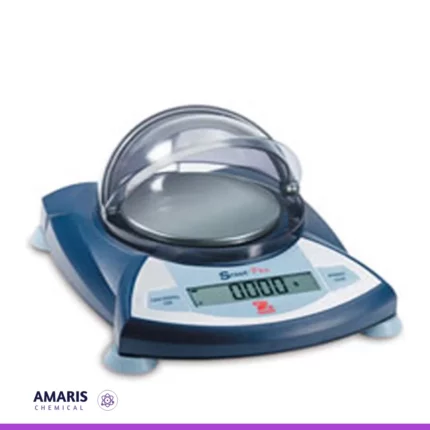
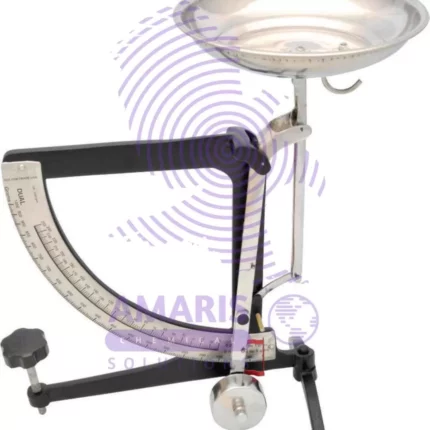

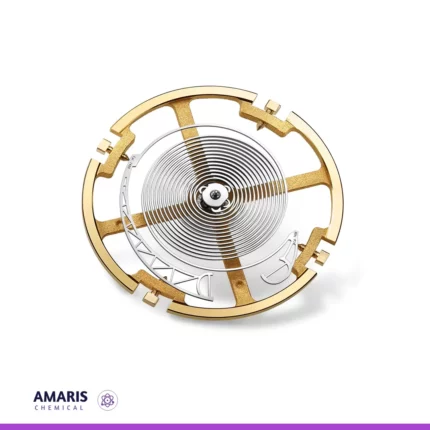
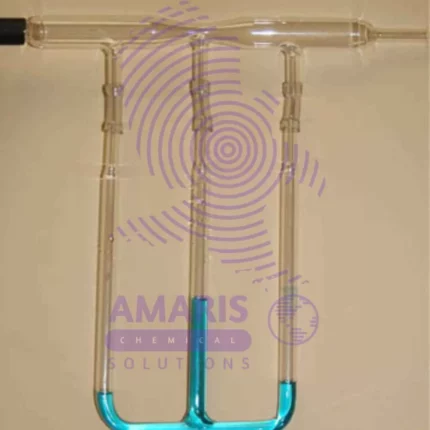













Reviews
There are no reviews yet.